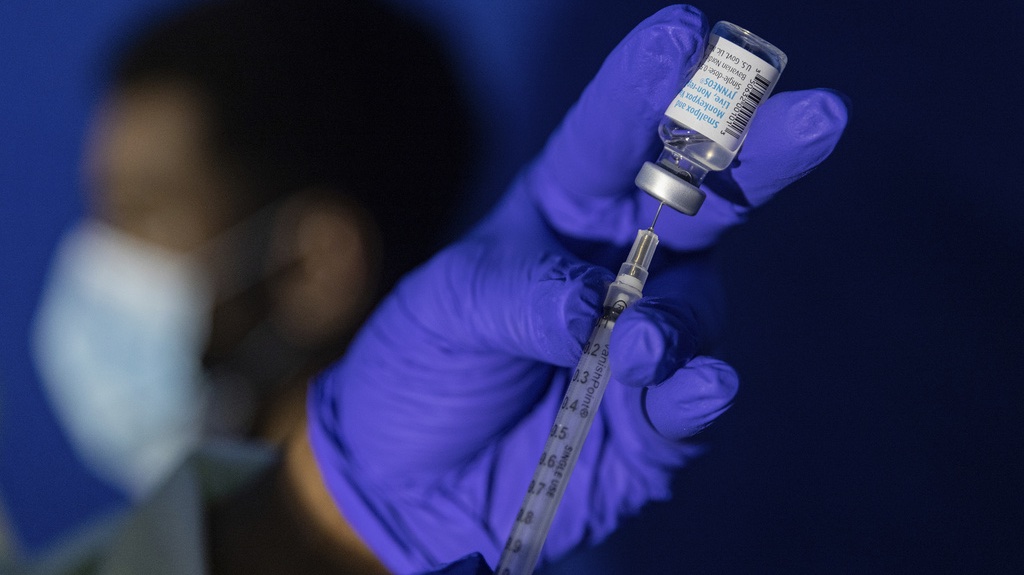July 13, 2012
Professor's School Studying Whether Anti Gay-Parenting Study Violated Standards
Jason St. Amand READ TIME: 3 MIN.
Officials from the University of Texas are investigating a professor that claims children of gay couples are worse off than kids raised by straight couples, the Austin Statesman reported.
Last month Professor Mark Regnerus published the "New Family Structures Study," which outraged a number of gay activists and supporters, in the journal Social Science and Research. Now, scholars from the college are criticizing the anti-gay study as well.
The study surveyed about 3,000 18-to-39 year olds. They were mostly participants who were raised by straight parents but 175 had mothers who had once had a same-sex relationship and 73 had fathers who were also once with a member of the same-sex. The results of the study claim that the children from these parents are more likely to end up on welfare, be unemployed, attend therapy as adults and more, than those from heterosexual couples.
GLAAD, the Family Equality Council and the Human Rights Campaign called the study "flawed, misleading, and scientifically unsound." Now, officials from the University of Texas are looking into the paper after Scott Rosenweig, a freelance writer, sent a letter to the school and complained that Regners allegedly created "a study designed so as to be guaranteed to make gay people look bad, through means plainly fraudulent and defamatory."
The LGBT rights organizations have also pointed out that Regnerus is known for "his ultra-conservative ideology and the paper was funded by the Witherspoon Institute and the Bradley Foundation - two groups commonly known for their support of conservative causes. The Witherspoon Institute also has ties to the Family Research Council, the National Organization for Marriage, and ultra-conservative Catholic groups like Opus Dei." Rosenweig also noted the same thing and that the professor had taken "money from an anti-gay political organization for his study."
Regnerus says he followed the standard guidelines for his research, however.
"A team consisting of leading family researchers was involved in developing the research protocol," Regnerus wrote in an email. "This academic team merged scholars across disciplines and ideological lines in a spirit of civility and reasoned inquiry, and the protocol developed by this team was subsequently approved by the University of Texas' Institutional Review Board."
"Normal procedures were followed for obtaining outside support, as many researchers do," he wrote.
The newspaper notes that the University of Texas defines "scientific misconduct" as "fabrication, falsification, or plagiarism" and "practices that seriously deviate from ethical standards."
Not only did LGBT groups criticize the study. The verdict of Regnerus' peers -- sociologists and other social scientists -- was virtually unanimous in slamming what they saw as shoddy (at best) research.
"He doesn't have an actual category of gay parents in the project that you can isolate and say the most important thing in this kid's childhood is that they were raised by gay parents," Judith Stacey, a sociologist at New York University, told LiveScience. "These are kids whose parents, maybe they divorced, maybe they separated, maybe they had a scandalous affair, we just don't know."
"All he found is that family instability is bad for children and that's hardly groundbreaking or new," Gary Gates, a researcher at the Williams Institute, told LiveScience. "What I find most frustrating is that from what I could tell, he could have used his data to test the way I'm suggesting the test, and he chose not to," Gates added. "He intentionally chose a methodology that is absolutely primed to find bad outcomes in those kids."
"Regnerus' study is bad science. Among other errors, he made egregious yet strategic decisions in selecting particular groups for comparison," Debra Umberson, a sociology professor at the University of Texas, and three colleagues wrote in the Huffington Post.
Five faculty members of the school and 200 scholars from a number of universities signed a letter to James Wright, the editor of the Social Science Research - the publication that initially published the study. The letter outlines the errors in Regnerus' method and claims it only took the journal five weeks to review the process instead of the standard two to three months.
Gary Susswein, a University of Texas spokesman, said the investigation would be completed within 60 days of the complaint. If Regnerus is found guilty of scientific misconduct, Provost Steven Leslie will rule on what action to take next.


